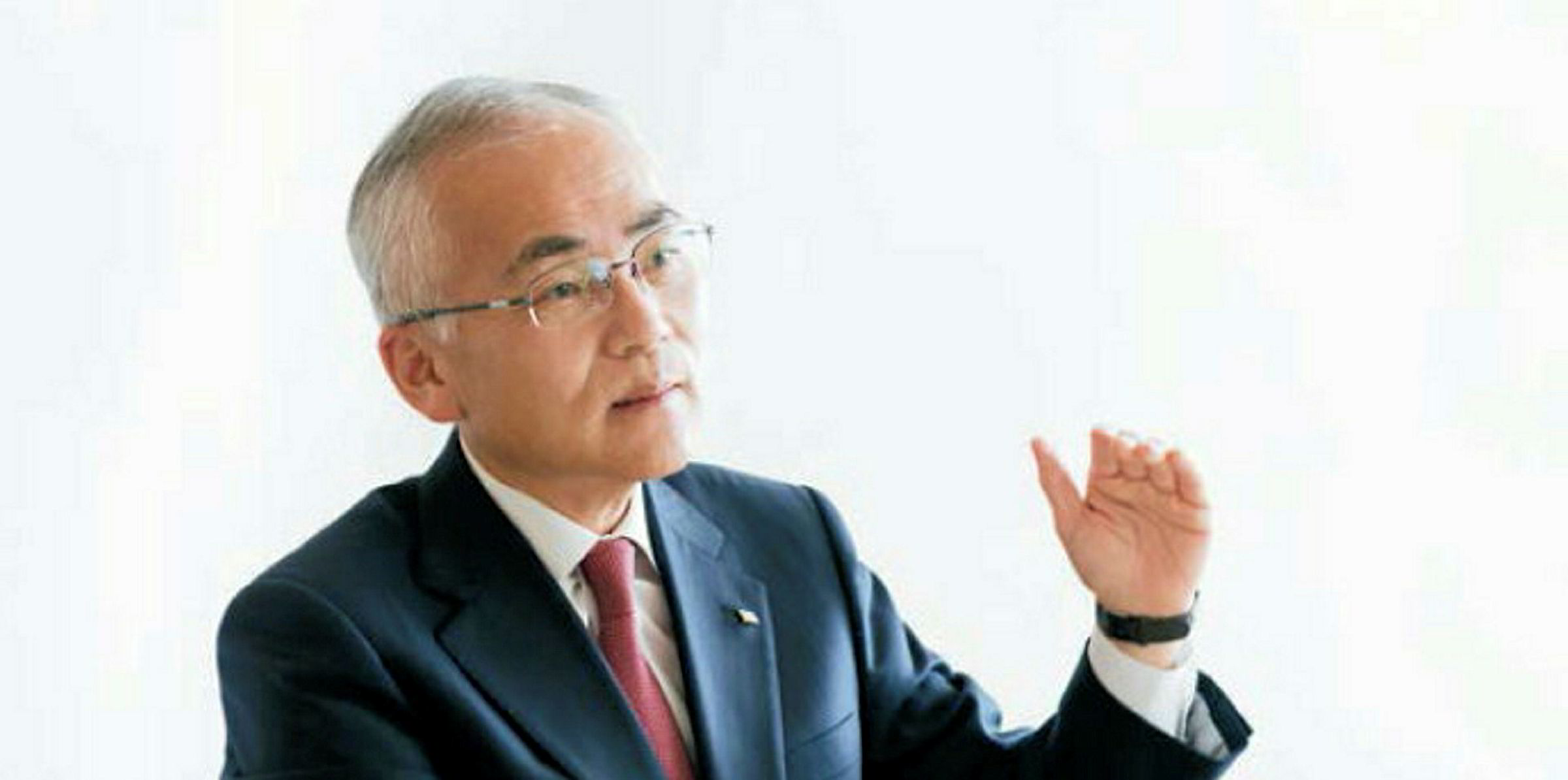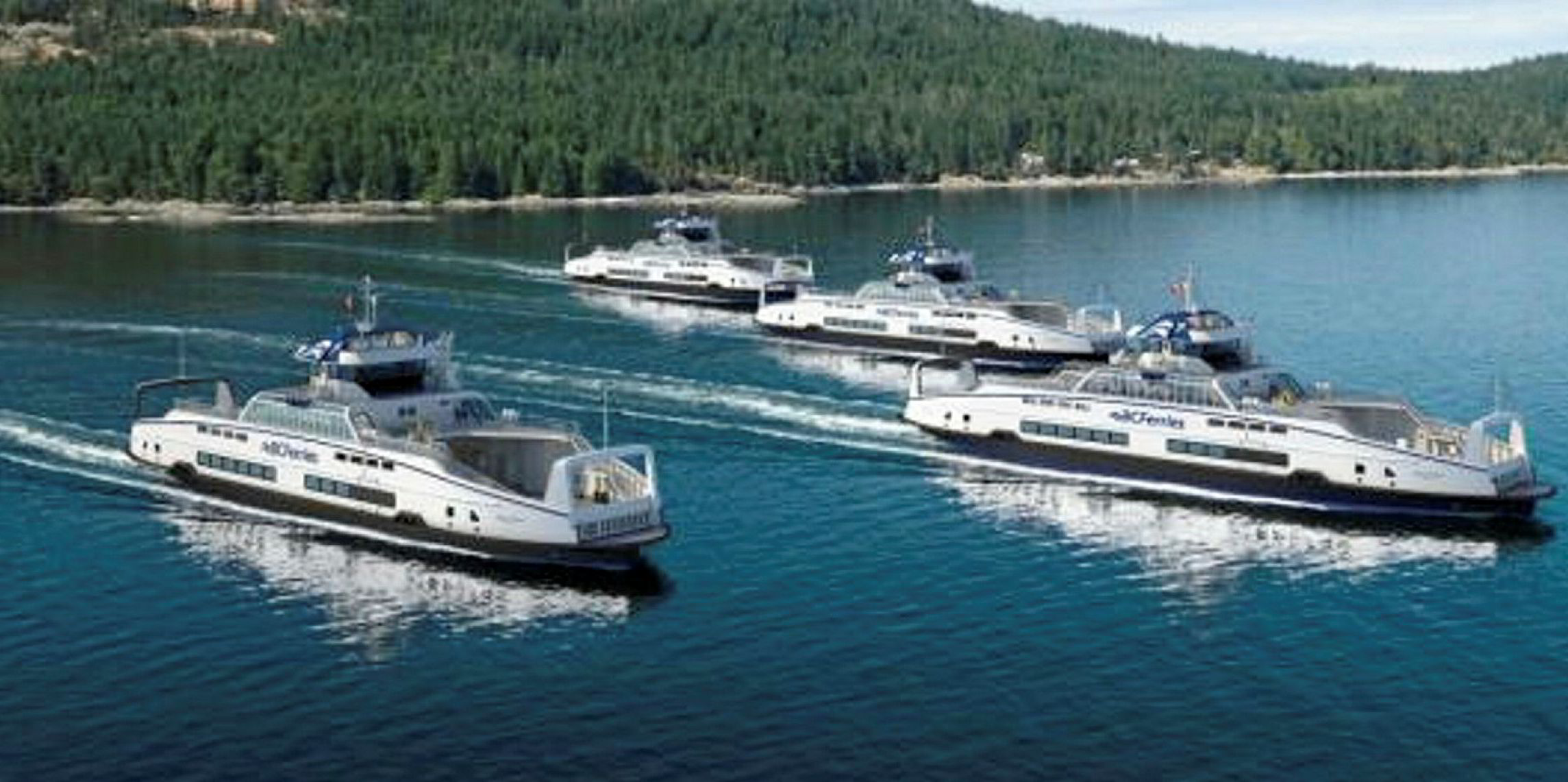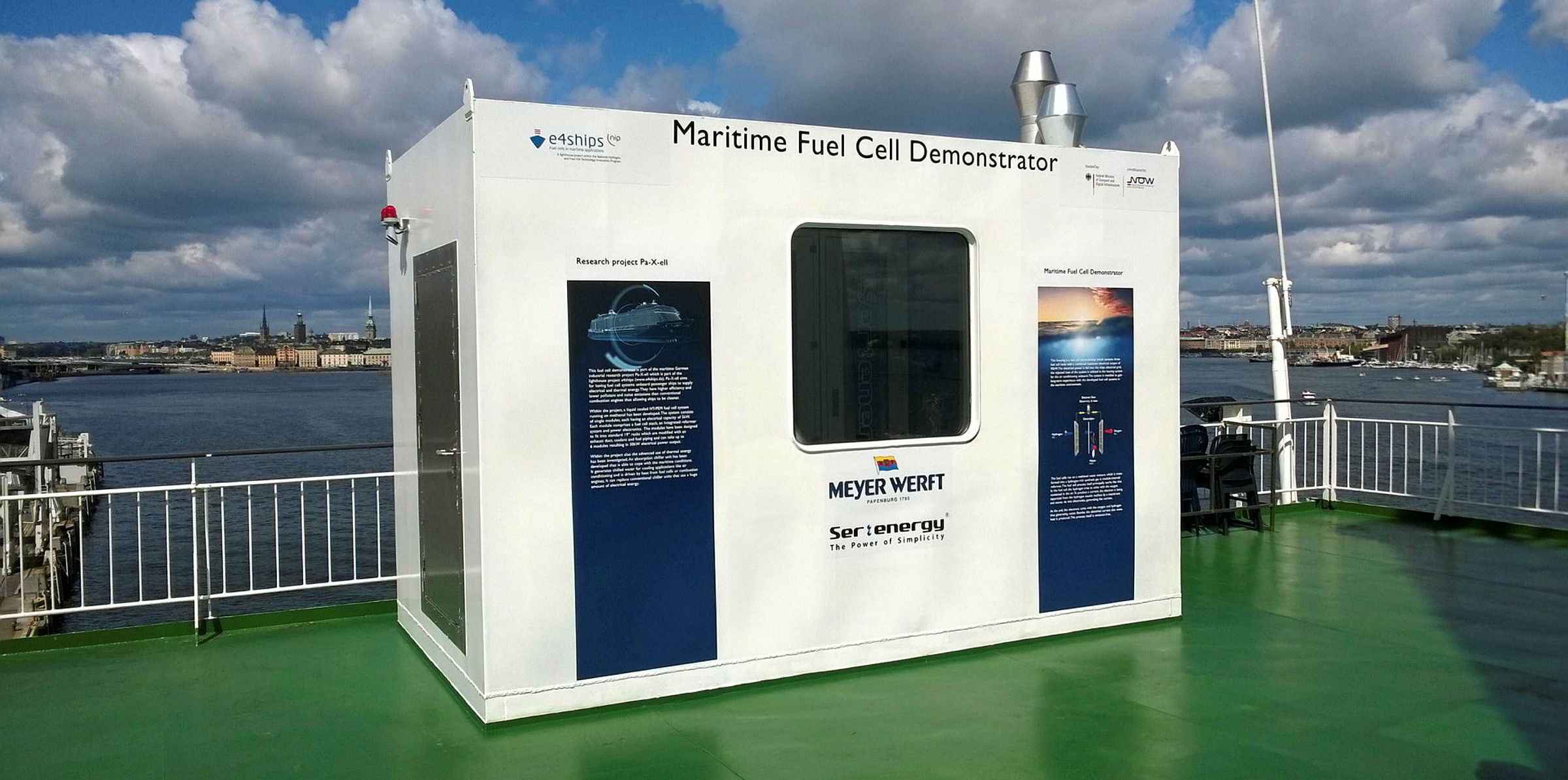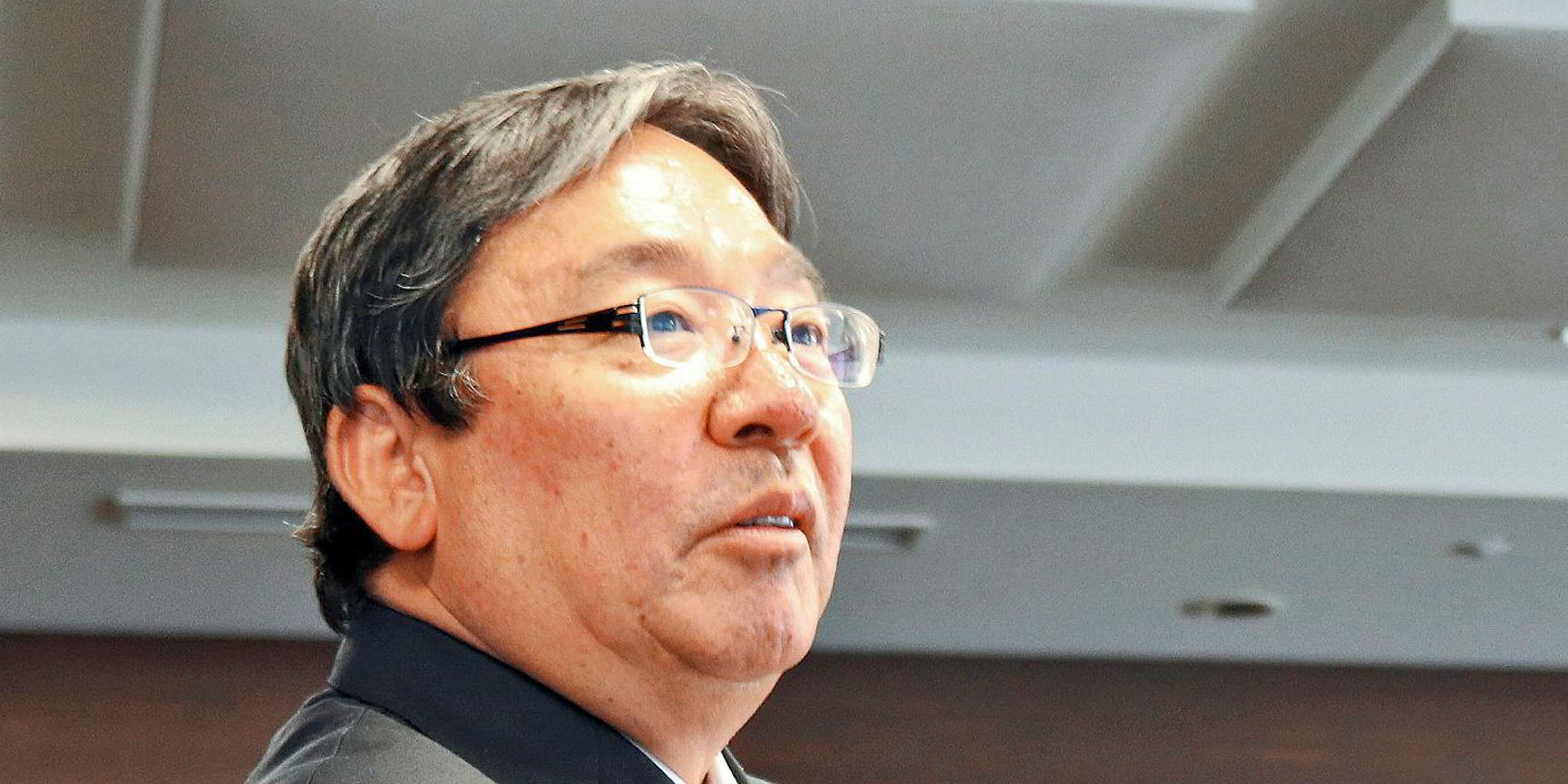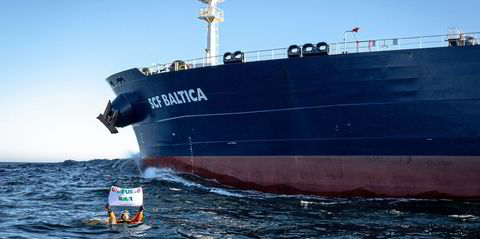A group of Japanese conglomerates, including NYK Line, have unveiled a demonstration project for a hydrogen-powered ferry sponsored by the government.
In a joint press release, NYK said it will be responsible for developing, building and operating the ship with a capacity of 100 passengers as part of the Japanese shipping giant’s decarbonisation efforts.
“The project…is Japan's first effort to develop a commercially available fuel cell vessel and carry out a demonstration operation involving the supply of hydrogen fuel,” the company said.
“By using fuel cells as a power source, it will be possible to completely eliminate greenhouse gas emissions during navigation.”
Other partners include Toshiba, which will develop the fuel cell for the ship, and Kawasaki Heavy Industries, which will provide the fuel supply and energy management systems aboard.
Japan’s energy conglomerate Eneos will be supplying hydrogen, while ClassNK will verify vessel safety.
The companies said they will “target newly constructed domestic vessels in the entire vessel value chain”, with the aims of developing hydrogen equipment and hull design and construction, among others.
A feasibility study for the project, which receives a grant from government-linked New Energy and Industrial Technology Development Organization, will begin within this month.
Construction of the 150-gt ship is expected to start in 2023 and its pilot operation along the coast of Yokohama port is to begin in 2024.
Efforts to cut CO2
To combat climate change, the IMO has set an ambitious target to halve greenhouse gas emissions from international shipping by 2050.
Most industry participants believe new types of low-carbon fuels need to be developed for the goal to be reached, and hydrogen, combined with fuel cells, has been hailed as one of the more promising candidates for short-sea trade.
In July, NYK threw its weight behind the development of hydrogen by becoming one of the first shipping companies to join the Oslo-based Hydrogen Council.
The industry body, which has over 90 members including BP and BMW, aims to accelerate investments in hydrogen fuel across various industries.
Among other Japanese shipping giants, Mitsui OSK Lines has also aimed to develop a car carrier powered by LNG, a hydrogen fuel cell system and large-capacity batteries with e5 Lab.
K Line, supported by Japan’s Ministry of Land, Infrastructure, Transport, has launched what it billed as the world’s first demonstration project for an on-board carbon capture plant.
Over the next two years, the company will collaborate with Mitsubishi Shipbuilding and ClassNK to conduct test operation of the plant aboard the 88,800-dwt coal carrier Corona Utility (built 2016) and measure its performance.
